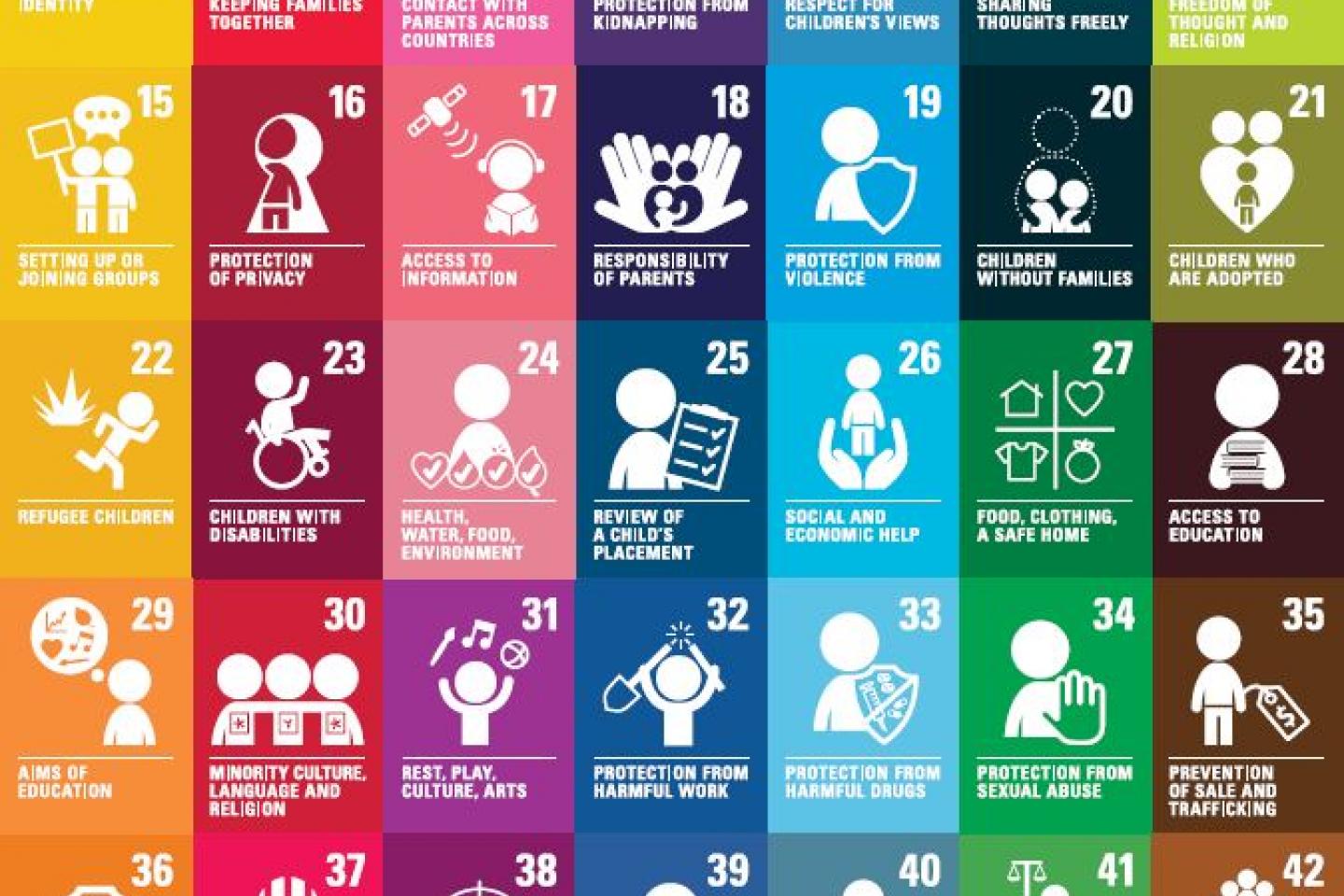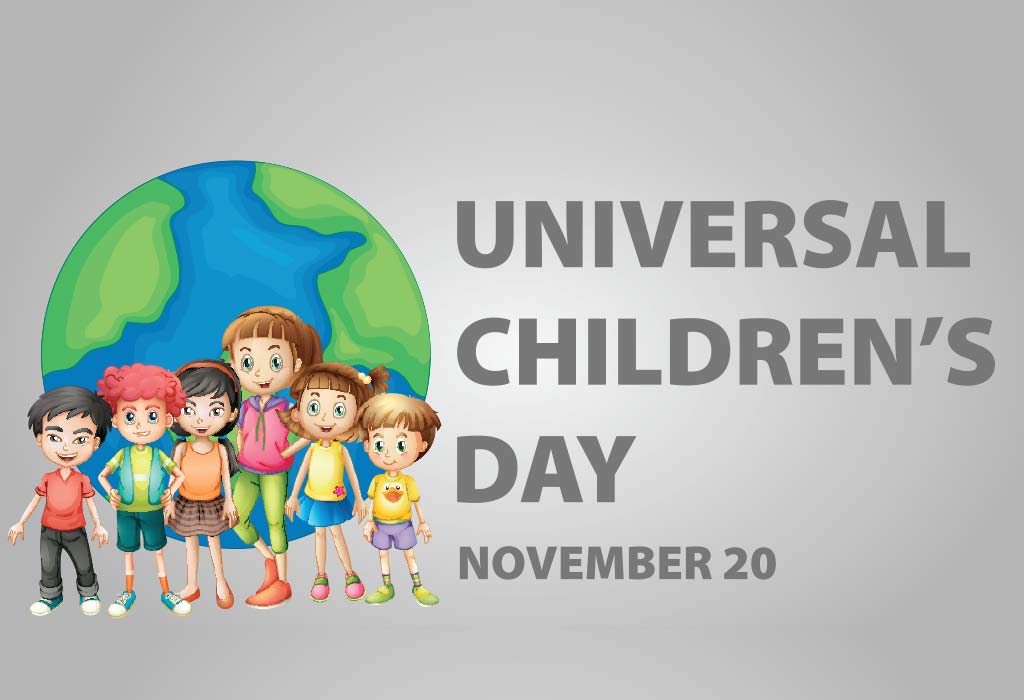By Maria Papagiannopoulou,
Children’s Day is an annual commemoration holiday that is observed on different dates around the world in honor of kids. During the World Conference on Child Welfare in Geneva in 1925, the first International Children’s Day was declared. In the majority of Communist and post-Communist nations, it has been observed on June 1 since 1950. In remembrance of the UN General Assembly’s adoption of the Declaration of the Rights of the Child on November 20, 1959, the 20th of November is observed as World Children’s Day. Children’s Week, rather than Children’s Day, is observed in various nations.
Reverend Dr. Charles Leonard, a pastor of the Universalist Church of the Redeemer in Chelsea, Massachusetts, instituted Children’s Day on the second Sunday of June in 1857. Leonard led a special service intended especially for and to the children. Leonard gave the day the name “Rose Day” though it was later called “Flower Sunday” and “Children’s Day”.

The Republic of Turkey initially formally proclaimed April 23 as Children’s Day, and as a national holiday in 1920. Since 1920, when it was proclaimed a day for children by the government and the media of the day, Children’s Day has been observed on a national level. The founder and current president of the Turkish Republic, Mustafa Kemal Atatürk, made the official statement in front of the entire country in 1929 when it was deemed that an official confirmation was necessary to clarify and legitimize this celebration.
The World Conference on Child Welfare, which took place in Geneva in 1925, declared the first International Children’s Day. The Women’s International Democratic Federation in Moscow declared June 1st as the International Day for the Protection of Children, on 4 November 1949. Since 1950, numerous Communist and post–Communist nations have observed June 1 as Children’s Day.
A joint resolution from India and Uruguay was adopted on December 14 by the UN General Assembly to encourage all nations to establish a Universal Children’s Day, first to encourage intergenerational dialogue and understanding, and second to spur action to advance the ideals of the UN Charter and the welfare of children around the world. The United Nations adopted the Declaration of the Rights of the Child on November 20, 1959. On November 20, World Children’s Day is observed to honor the UN General Assembly’s adoption of the Declaration of the Rights of the Child on that date in 1959.
To halt the spread of HIV/AIDS by 2015, the world’s leaders set the Millennium Development Goals in 2000. Although this holds true for everyone, children are the main focus of this. In order for all children to be entitled to the fundamental rights outlined in the 1989 international human rights convention, UNICEF is committed to achieving six of the eight goals that pertain to their needs. Vaccines are distributed by UNICEF and it collaborates with decision-makers to promote good health and education. UNICEF focuses solely on assisting children and defending their rights.

The United Nations’ Ban Ki-moon became the helm of the program for children’s education in September 2012. First, by 2015, he wants every child to be able to go to school. Second, to enhance the skill set learned in these institutions. Lastly, putting policies into place about education to foster respect, peace, and environmental awareness is very important. Universal Children’s Day is not simply a day to congratulate kids for being kids; it is also a day to raise awareness for kids all around the world who have been victims of abuse, exploitation, and discrimination. In other nations, children are forced into labor, caught in violent combat forced to live on the streets, and suffer from differences like disabilities, minorities, or religious intolerance.
Due to the armed conflict, children experiencing the effects of war may be uprooted and may experience physical and psychological trauma. The phrase “children and armed conflict” refers to the following transgressions: the enlistment of children as soldiers, the killing or maiming of children, the kidnapping of children, the attack on schools or hospitals, and the denial of humanitarian aid to children. About 153 million kids between the ages of 5 and 14 are currently compelled to work as youngsters. The Prohibition and Elimination of the Worst Forms of Child Labour, including child slavery, child prostitution, and child pornography, was endorsed by the International Labour Organization in 1999.
On the UNICEF website, you may get an overview of the rights guaranteed under the convention on the rights of children.
The United Nations reiterated its commitment to completing the 1990 World Summit’s agenda in 2002 and Canada served as co-chair of that summit. This enhanced the We the Children: End-of-Decade Review of the Follow-Up to the World Summit for Children report from the UN Secretary-General.
In a report that was published by the UN agency for children, it was said that children will make up 90% of the world’s next billion inhabitants.
References
- Universal Children’s Day. twinkl.co.uk. Available here
- Universal Children’s Day. nationaltoday.com. Available here




